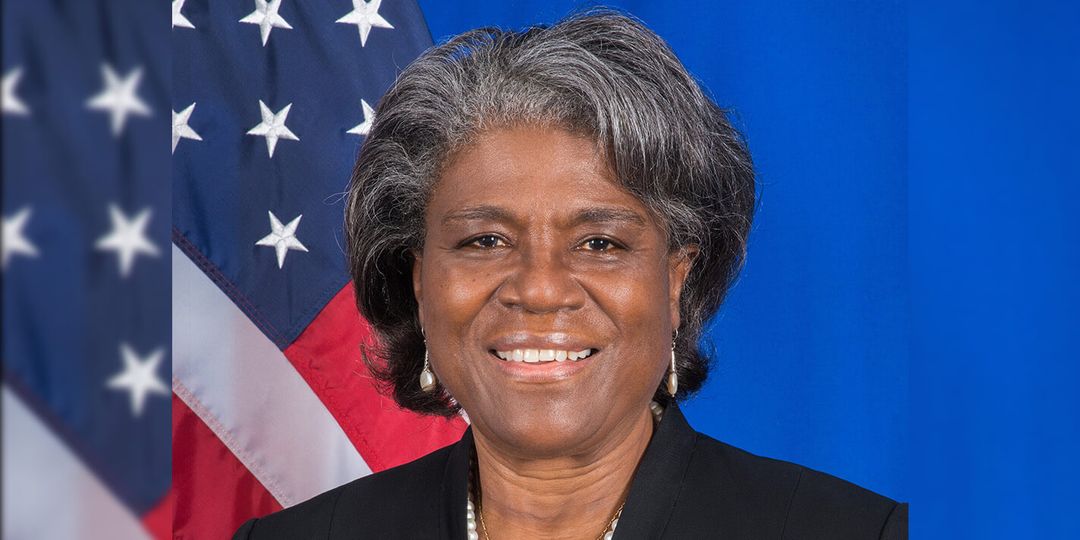Founder and President, Data Insights Laboratories
UW Majors: Computer Sciences
Data mining, the powerful technology for extracting hidden patterns and predicting outcomes from vast datasets, serves as the engine behind countless modern applications, from personalized online shopping and fraud detection to environmental monitoring and government strategy.
At the heart of this revolution is Rakesh Agrawal MS’83, PhD’83, widely hailed as the “father of data mining.” His trailblazing work didn’t just help create the field; it fundamentally changed how the world extracts insight and value from data, laying the groundwork for today’s data science. Agrawal’s academic journey at UW–Madison began in 1979, culminating in 1983 with his doctoral degree in computer sciences.
His career then progressed to leading research roles at Bell Labs, IBM, and Microsoft. As an IBM Fellow, he led the team that developed the first commercial data-mining product, Intelligent Miner. This groundbreaking work effectively created a new software category and influenced countless subsequent innovations. Later, as a technical fellow at Microsoft Research, he headed the Search Labs. His seminal research publications are among the most cited in all of computer sciences, introducing foundational concepts such as association rules, sequential pattern mining, and diversified ranking of search results.
These breakthroughs are now core curricula in universities worldwide, and they haven’t been confined to academia: they have influenced products used by millions globally. A prolific inventor and author, Agrawal holds 88 patents and has published more than 200 research papers, including multiple recognized with prestigious “test of time” awards.
Today, as founder of Data Insights Laboratories, Agrawal remains at the forefront of critical emerging issues. He is actively advancing electronic education, leveraging data analytics to enhance learning and improve outcomes globally. And he is a leading voice on the growing need for privacy in data science.
“Over the years,” he says, “I have become convinced that we cannot distance ourselves from the implications of our own creations. We have got to understand that if we create powerful technology, it is going to have social implications. If we think hard about these issues, we will put in technology safeguards to avoid problems down the road.”
One of the values he lives by, instilled by his mother, is: Always choose Saraswati, Goddess of Knowledge, over Lakshmi, Goddess of Wealth.
Agrawal’s profound impact has earned him election to the U.S. National Academy of Engineering and the Indian National Academy of Engineering, along with fellowships from organizations including the Association for Computing Machinery (ACM) and the Institute of Electrical and Electronics Engineers. He is an honorary member of the Indian Academy of Science, and Scientific American named him to its inaugural list of 50 top scientists and technologists.
He has also received the highest innovation awards from the ACM’s Special Interest Group on Knowledge Discovery and Data Mining and Special Interest Group on Management of Data. His expertise is sought at the highest levels, and he has advised on national studies addressing critical areas like voter registration systems and global science and technology strategy. He has been a distinguished visiting professor internationally at several prestigious universities, including EPFL-Switzerland, Kyoto University, and the Indian Institute of Science.
Despite his global influence, Agrawal maintains a deep connection to his alma mater. A longtime member of the Department of Computer Sciences Board of Visitors, he has actively supported faculty development efforts, has mentored generations of students, and was recently honored with the inaugural Distinguished Achievement Award from the UW–Madison School of Computer, Data & Information Sciences (CDIS). The school’s director, Remzi Arpaci-Dusseau, says, “Great innovators significantly advance their fields of study; the greatest innovators, however, invent entirely new fields. Rakesh, with his pioneering work in data mining, is one such inventor.” WFAA associate vice president Nick Jaeger, who works closely with CDIS, adds that “Rakesh exemplifies the best of what it means to be a Badger — humble, brilliant, and committed to using knowledge for the public good.”


